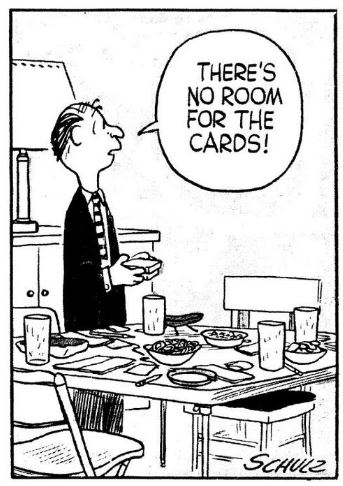You Can Stop the Defense When You Hold Up an Ace
Usually the Strategic Play Is Pulled on the Original Lead, but in this Case the Declarer Used It Against the Second By WILLIAM E. MrKENNEY Secretary, American Bridge League
Against a no trump contract, the enemy usually endeavors to promote its long suit and to establish low card tricks by using high cards as entries. However, the hold-up is a strategic play of the declarer that may offset this attack. Generally, the hold-up is applied on the opening suit, but in today’s hand we find it applied on the second suit and not against the original leader.
Over the one diamond. West could not be criticized if he bid one spade, even though vulnerable, as a bid of one shows a hand too weak for a negative double. In other words, West does not wish to play the hand of two spades unless East has an exceptionally fine hand. After West’s pass. North shows the safety of the hand with a bid of two diamonds. South shows the diamond suit to be a four-carder with a bid of two no trump, which is constructive, and North, due to his four-card spade suit, has a right to try for game.
West’s opening lead is the three of spades, which East wins with the king. If East returns a spade it will estabish two spade tricks in dummy. East’s best return is to shift to the king of clubs and here is where the declarer must employ the hold-up. A trick is needed in spades for declarer to go game. As West is marked with the are of spades, the declarer must hold up until the third round, hoping that East has at least lour clubs. This will exhaust West of clubs. The third club trick is won by South with the ace, and he inmediately returns the jack of spades.
All West can do is to win with the ace and return a heart, hoping to find has partner with the ace of hearts. A small heart is played from dummy, East puts in the queen, South wins the trick with the ace and the rest of the tricks are his. If he had won the clubs before the third round, West would have gone in with the ace of spades, returned a club, and East would have made three club tricks instead of two enough to defeat the contract.


